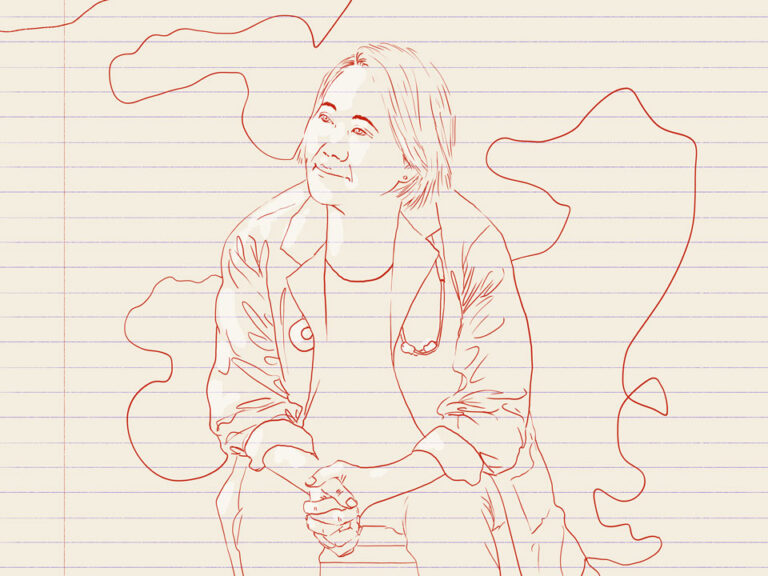Versiti Inc. in early April plans to collect plasma from recovered COVID-19 patients to help treat others with the virus.
The blood-related treatment—approved by the FDA as an Emergency Investigational New Drug —would be used by hospitals for the most severely affected patients.
Versiti blood centers is working with partner hospitals to identify recovered patients. As per the guidelines, hospitals must request FDA approval and work within the EIND guidelines, or other approved IND, in order to treat coronavirus patients with plasma. Donors would be referred to Versiti through hospitals, or the recovered patients’ physicians.
“The potential donors must first be proven to have had a COVID-19 diagnosis through a positive lab test result, and must then have a negative test result 14 days after recovering from symptoms,” Versiti Senior Medical Director Dan A. Waxman said in a statement. “It’s a very collaborative effort with our hospital partners who will be working to identify and verify the donors.”
Versiti hopes to implement the coronavirus plasma collection program in early April. The donated plasma will be provided directly to the hospitals with whom Versiti is partnering.
“Many of our hospital partners have already requested the donations,” Waxman said. “They are anxious to begin the program.”
The plasma treatment would transfer the antibodies that the recovered patient created into critically ill patients currently receiving care. Because of the investigational nature of this treatment, it is difficult to know just how many plasma infusions a COVID-19 patient may require, Waxman said.
Plasma donations take about 30 to 40 minutes and will be collected at Versiti donor centers in Illinois, Indiana, Michigan, Ohio and Wisconsin. The donation process is the same as with other plasma donations, and will be performed using an apheresis machine.
Though blood group AB is the universal plasma donor, any blood type donor who has recovered from the virus is eligible to donate as part of the program.
Versiti is working with Froedtert Hospital and the Medical College of Wisconsin, under the direction of Gilbert White, Versiti executive vice president for research and chief science officer and professor at MCW, who is serving as the primary investigator, and Mary Beth Graham, medical director of Infection Prevention & Control at Froedtert Hospital, and associate chief of the Division of Infectious Disease at MCW, to support a research study related to plasma infusion.
“This is a very important joint effort that we are undertaking which will benefit every hospital system in the state of Wisconsin and beyond,” White said.
The research project involves a clinical trial component with recovered coronavirus patients, who will be referred by hospitals.








